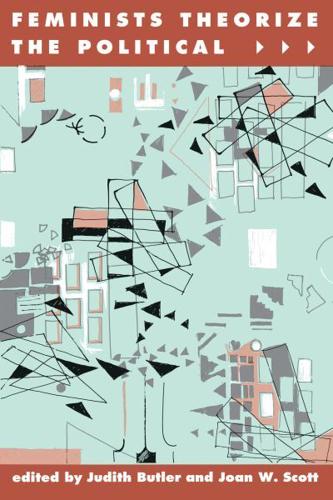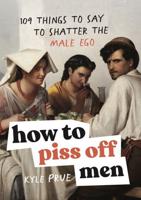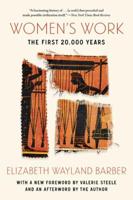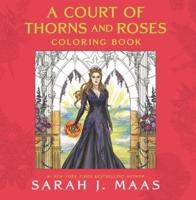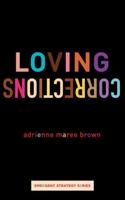Publisher's Synopsis
The use of "theory" in feminist analysis has been said to threaten feminism as a political force. This collection of work by leading feminist scholars engages with the question of the political status of poststructuralist theory within feminism. Against the view that poststructuralism necessarily weakens feminism, this book affirms the contemporary debate over theory as politically rich and consequential. The essays in "Feminists Theorize the Political" speak to the questions that emerge from the convergence of feminism and poststructuralism: What happens to feminist critique when traditional grounds and foundations - experience, history, universal norms - are called into question? Can feminist theory problematize the notion of the subject without losing its political effectivity? Which version of the subject is to be questioned, and how does that questioning open up possibilities for reformulating agency, power, and sites of political resistance? What are the consequences of a specifically feminist reformulation of difference? What are the uses and limits of a poststructuralist critique of binary logic for the theorization of racial and class differences,
